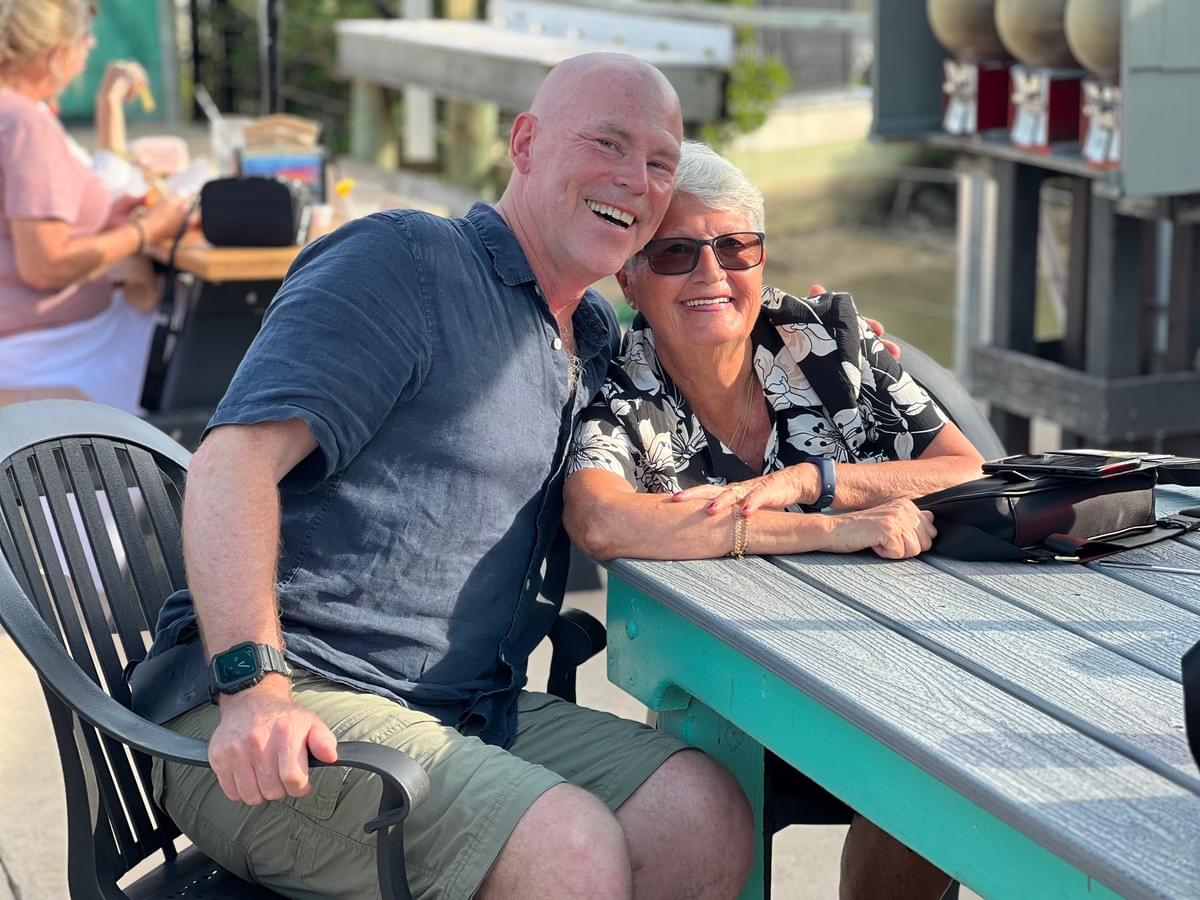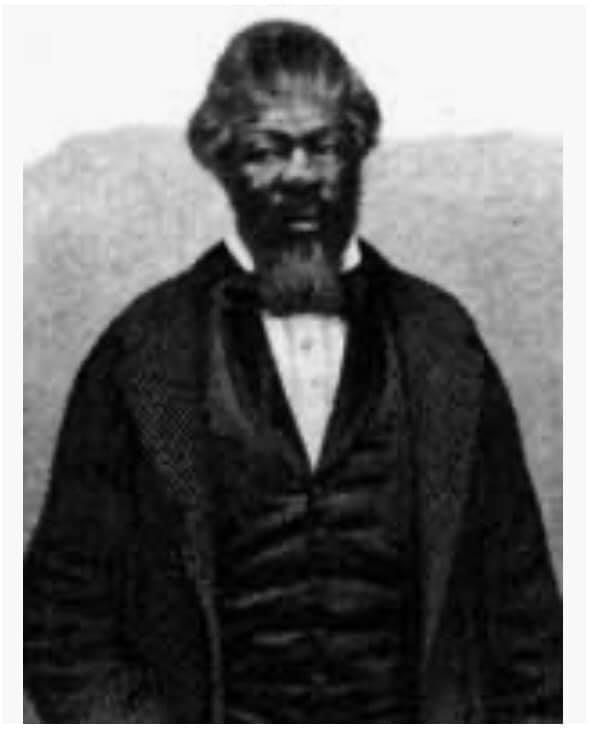
I met my mother, Amy, for the first time since we'd lost my father. Life, love, family are bittersweet, and the older I become the bitterness gives an edge to the sweetness that I never could have imagined in my hormonal days.
Sitting in that chair, at that table, I looked her in the eye and said something I have never said, and hope to never say again. To anyone.
My dad had wanted to go. His time was well past, and he was suffering more than his due. My organisation put him out of his misery, and for that, I am indebted. Again.
For over a decade, when facing conundrums, I have made clear that I will not kill, nor have people killed, for my daughter or my spouse. i would devalue their lives were I to do so.
I told Amy I had had my father killed. Also, sitting in that chair in the photo, looking into her eyes with an intensity and ferocity that scared me, I told her, if she ever, ever, needed anyone killed, I will kill them.
I enjoy visiting black churches. The services are visceral. I feel the gods in the room. I feel them in my brothers and sisters among whom I am surrounded with love.
Sandie Cornish was born a slave in Maryland around 1793. In 1839, his master hired him out to work on the Tallahassee-St. Marks Railroad. Cornish bought his freedom for $3,200 but lost his papers in a fire.
Curious. So many fires set by white folks.
Unable to prove he was a freedman, Cornish was captured by six slave-catchers who intended to sell him at a market in New Orleans. He escaped from the slavers and to prevent himself from being recaptured, he stood in the public square of Port Leon, and severely maimed himself.
He cut the muscles of his ankle joint, plunged a knife in the other hip joint and cut off the fingers of his left hand with a hatchet.
This is courage. This is dedication to a cause. I will overcome. For Rev. Cornish. I will overcome.
